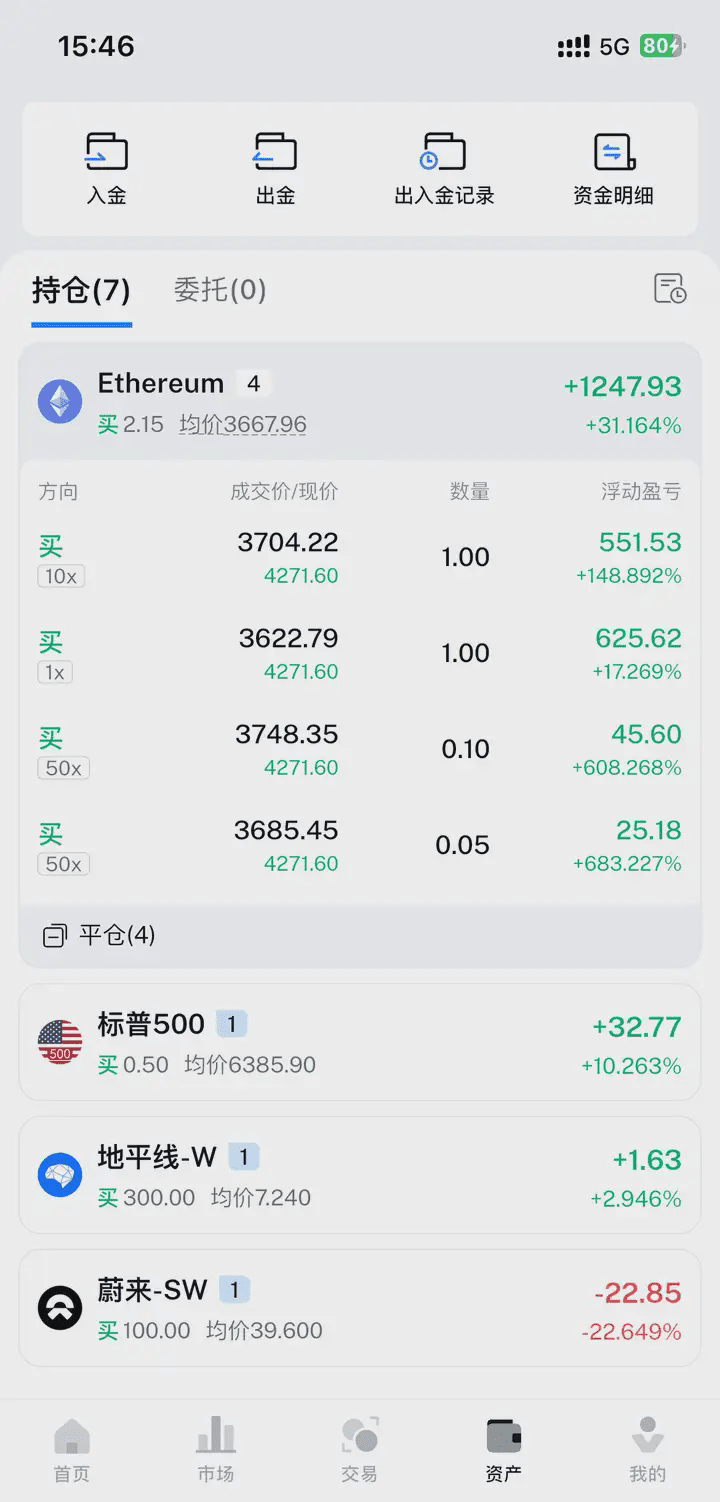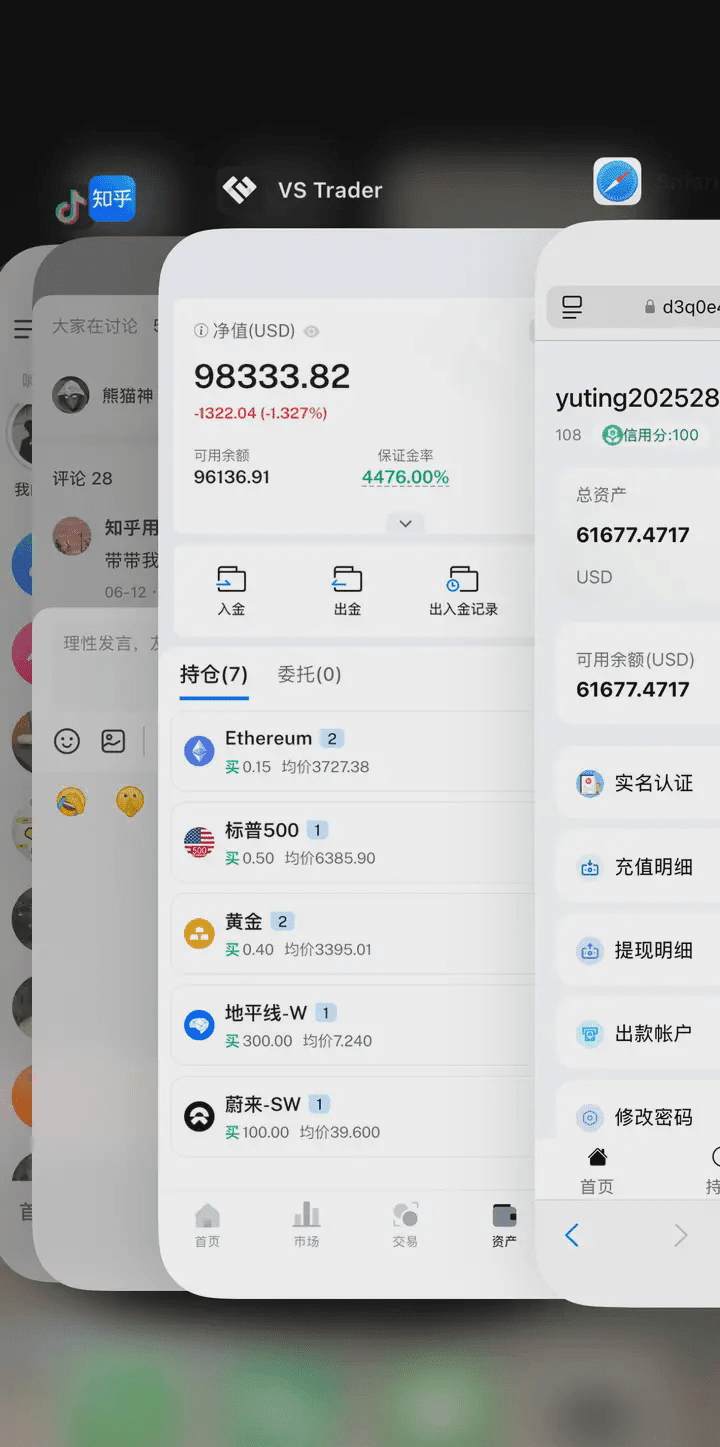Xiao Xun, someone who has stepped on many pits in the crypto world, especially understands that feeling of being lost when just starting out—opening the exchange and seeing a screen full of codes like BTC, ETH, SOL, hearing others say 'contracts can double' and wanting to rush in, seeing 'certain coin skyrocketing by 50%' and fearing to miss out, resulting in either chasing highs and getting trapped or not holding onto quality coins, spending half a month not only without making money, but almost losing confidence in this circle.
Later I realized that the crypto world has never been about 'gambling big or small'; blindly following trends will only make you a 'chive.' What really changed me was actively letting go of anxiety to learn and ask: I spent two weeks understanding the basic concepts of blockchain (like what decentralization is, why wallet private keys cannot be lost), and specifically sought advice from a senior who does on-chain research—he didn’t directly tell me 'which coin to buy' but taught me how to look at on-chain data (like capital flow, changes in project holdings), analyze the core logic in project white papers, and reminded me to 'never invest more than 10% of idle money in the crypto world.'
Slowly following this method in practice, I gradually found my own rhythm: no longer panicking over short-term ups and downs, but first filtering projects with real landing scenarios and trying with small positions; clearly writing out the 'buy logic' and 'stop-loss point' before each operation to avoid emotional decisions; even regularly reviewing past trades, breaking down losing operations to understand whether it was a judgment error or a mindset issue.
In fact, the biggest misconception that beginners should avoid is the idea of 'getting rich quickly.' The core of the crypto world is 'monetizing understanding.' The deeper your understanding of blockchain and projects, the more stable the money you earn will be. If you are still confused now, it’s better to stop: find reliable investment researchers to ask about the underlying logic, start practicing with a simulated account or small positions, and once you establish your own judgment system, you can move forward step by step. It’s okay to go slowly; walking steadily is the long-term path.


Remember to follow Xiao Xun; one cannot succeed alone, and a single sail does not go far! In this circle, if you don’t have a good community or first-hand information, I suggest you follow me, and I’ll help you get on board without cost; welcome to join the team!!!



